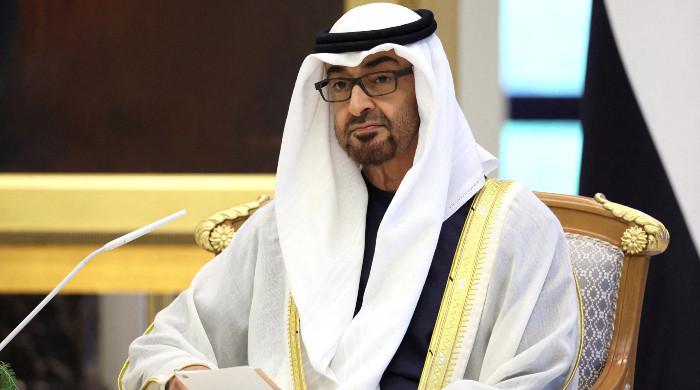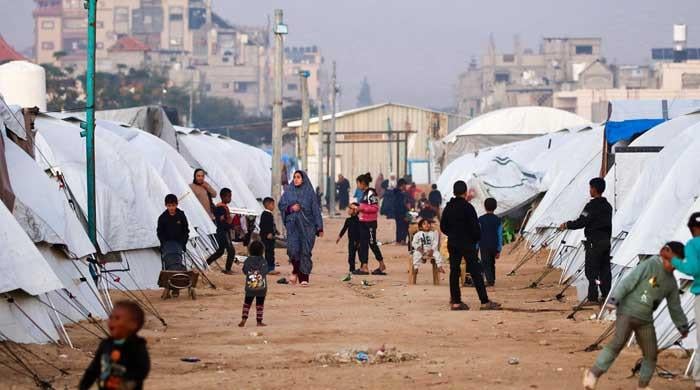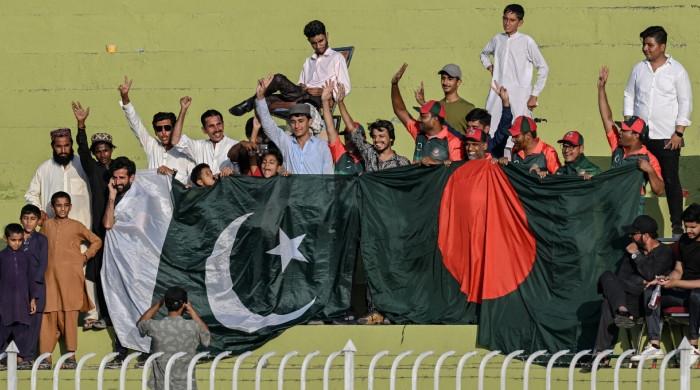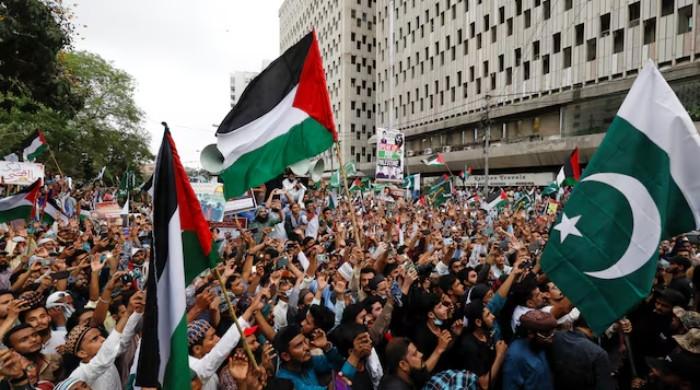Why Pakistan should be concerned about the Taliban ascendancy in Afghanistan
If the Taliban need the help of over 5,000 Americans to ensure safety and order at the airport, how exactly will Haibatullah Akhunzada ensure that the caves of Nuristan and the valleys of Marawara...
August 24, 2021
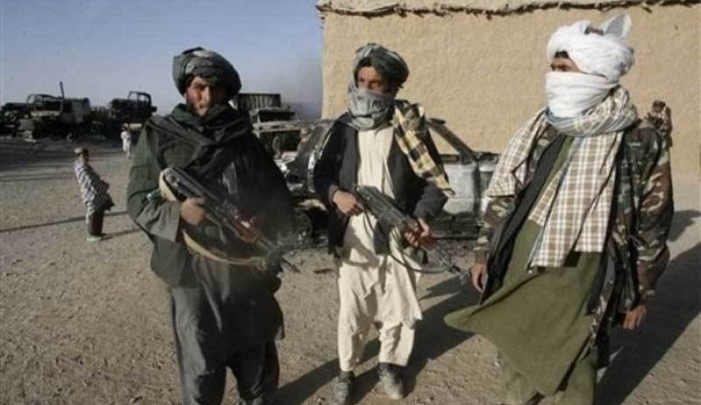
There are many reasons why Pakistanis should be deeply concerned about the Taliban ascendancy in Afghanistan. But perhaps the two most important reasons are, in equal parts, existential and urgent.
One, the Taliban’s ascendancy will generate a global (and local) assertion of the possibility of anti-republic, anti-modern, political takeover of countries as an expression of people’s Muslim identity. From schoolyards in Texas, to Unesco heritage sites in Timbuktu – young Muslims will be drawn to the symbolism of a ragtag assemblage of pious and simple fighters taking down the mighty United States – the largest, most awesome military force ever assembled in human history.
These narratives are not new, and they are not unique to Muslims. In fact, the seeds of these narratives were sown in the same place where they will be reaped today, some forty years ago, when the US sought to empower and enable the grandfathers, uncles and fathers of the very Taliban that are talking over Afghanistan today, to take down the Soviet Union. Americans don’t like being reminded of this important history, but that should not stop Pakistanis from knowing it. The problem is what comes next.
Two, the Taliban’s ascendancy will generate a new and unprecedented counterterrorism challenge for Pakistan – the likes of which seems not to have been conceived of, discussed, or planned for, by those that the Islamic of Republic of Pakistan has entrusted with the work of shaping and delivering Pakistan’s messages to its own people and to the world. Al Qaeda, Daesh, the Tehreek-e-Taliban Pakistan (TTP), and a variety of smaller splinter groups, as well as the residual, escapee and backend networks of groups banned in Pakistan, may or may not be friendly with the Doha Shura of the Taliban. But they have a love affair with ungoverned spaces – and Afghanistan under the Taliban is going to be more ungoverned than it was under the US 'occupation'.
The political Islam of the early 1980s, when the Ronald Reagan love affair with General Ziaul Haq was at its steamiest, was at a crossroads. Faced with the leadership vacuum created by the assassination of King Faisal in 1975 and the judicial murder of Zulfiqar Ali Bhutto in 1979, the still nascent abstractions of a coherent Muslim bloc were thrown into even more flux by the Iranian revolution, culminating in the Ayatollah ascendancy in Iran in 1979. It was into this vacuum that American efforts to romanticize the Afghan 'jihad' against the Soviet Union succeeded in inserting the image of the simpleton warrior.
That white noise welcoming a Taliban ascendancy in Afghanistan on social media? That is the orphan child of a process that has been half a century in the making. The replacement of a state-centred, modern pan-Islamic political identity, with anti-republic, anti-modern, non-state actors like the Taliban.
The reason Al Qaeda, Daesh, TTP and hordes of other acronyms represent a more profound threat to the Islamic Republic of Pakistan than they did before August 16, 2021 is not because the Taliban necessarily have an anti-Pakistan agenda. It is because they have a post 1980s pan Islamic agenda—and terrorist groups like Al Qaeda Da’esh and TTP are one face of that agenda. To understand just how difficult it will be for Mullah Baradar and his Doha associates from the last several years to keep their promises to the Qataris, the Saudis, the Emiratis, the Americans, the Norwegians, the Iranians, the Russians, the Chinese and the Pakistanis, take a good look at the Hamid Karzai International Airport over the last week or so.
The tragic and heart-rending images of ordinary Afghans fleeing their country merit deep introspection at a fundamental human level alone. But the even more profound question those images should be raising for Pakistani strategists, military, paramilitary, intelligence and counter-intelligence officials is this: if the Taliban need the help of over five thousand American and other Western soldiers to ensure safety and order at the airport, and if all that help still produces the kind of chaos and uncertainty that grips the airport and its surroundings, then how exactly will Haibatullah Akhunzada ensure that the caves of Nuristan, the valleys of Marawara, and the fields of Bihsud will be free of the TTP?
Of course, no one will ask this question of Suhail Shaheen or Zabiullah Mujahid. The Western press, once the domain of incredible reporters like Lyse Doucet, Declan Walsh and Jon Boone, seems now to be overrun by a parade of inward-looking, post Brexit and Trump era reporters for whom Afghanistan – a country of nearly 40 million – starts and ends at Kabul Airport. The Pakistani press has even more to navel gaze and reflect upon. Too many Pakistani voices have presented the Taliban victory as a validation of Pakistani strategic calculus, or worse, as an affirmation of the glory of Muslim resistance to imperialism. Either way, the most important questions that Shaheen or Mujahid should be answering, about the counterterrorism plans of the new regime in Kabul, about the rights of Afghan women, about the structure of a badly required reconciliation process within Afghan society, are barely asked, and never answered. The Taliban’s public diplomacy and information operations are the best among all the key actors in the Afghanistan imbroglio – and as we have learnt from both Western democracies like Emmanuel Macron’s France, and fascist catastrophes like Narendra Modi’s India – a smooth presentation can gloss over a lot of ugliness.
President Biden is facing a lot of heat in Washington DC for his handling of the US withdrawal. But few are paying attention to the factors that were outside the control of the US.
President Ashraf Ghani had nearly two years to reconcile to the sunset clause that the Americans inserted into his regime the moment Zalmay Khalilzad accepted Donald Trump’s offer to negotiate a US exit from Afghanistan. Instead of serving his country, Ghani chose to serve his fragile ego. How were Anthony Blinken or Lloyd Austin supposed to have handled Ghani, short of physically removing him from the Arg? Of course, the heat on Biden will subside. But the counterterrorism challenge in Afghanistan will only escalate. When both those things happen, all the guns (and drones, and ball bearings, and VBIEDs) in this wild, wild Western saga will be aimed at the same target: the Islamic Republic of Pakistan.
Tackling the imminent pressure that will be placed on Pakistan will require a deft understanding of the triple threat of the Taliban ascendancy in Afghanistan: first, a wave of TTP, Daesh (and possibly Al-Qaeda), as well as separatist terrorism, sourced on Afghan territory. Second, a constant and unrelenting Western press and political orchestra that will blame everything in Afghanistan, on Pakistan – much the manner of the last two decades, but with Western capitals having little to no material literal skin in the game anymore. Third, a disjointed and fragmented domestic polity, pulled apart by a combination of romance for the Taliban on the right (and some of the centre), distrust for the security apparatus on the left (and the 'periphery') and the incompetence of military and civilian bureaucrats whose performances (when juxtaposed with the Suhail Shaheens of the world) expose just how broken the Islamic Republic of Pakistan’s recruitment, transfers, postings and promotions system really is.
If Prime Minister Imran Khan (and make no mistake, when the pressure ramps up, it is the prime ministers of this country that are the primary – and only – targets of both public derision and private scoldings) likes cricket analogies, here is one he should love: PM Khan is staring down the barrel of something similar to the 1992 World Cup of cricket. Only, in this scenario, he isn’t the captain of Pakistan (the eventual victors of that campaign). No. In this scenario, Imran Khan is the white Kookaburra. A first-time entrant into the big show, with everybody either wanting to smack you out of the park, or rub and scratch you enough times to make you dance to their tune. Pakistan, Afghanistan, and the region should pray that PM Khan can hold up under pressure. Because it is coming.
The writer is an analyst and commentator.
This article originally appeared in the August 24, 2021 edition of daily The News. It can be accessed here.




